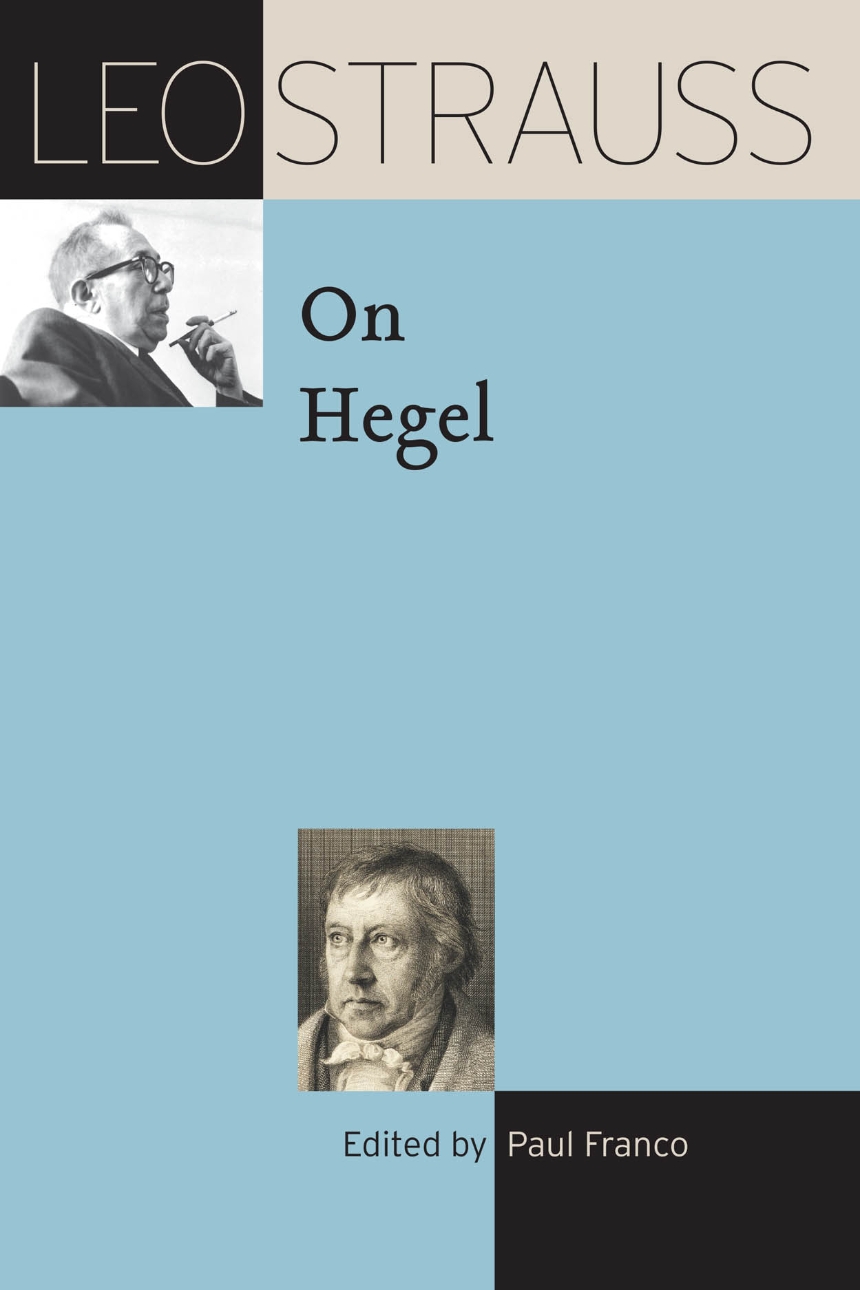Leo Strauss on Hegel
Leo Strauss on Hegel reconstructs Strauss’s seminar on Hegel, supplemented by passages from an earlier version of the seminar from which only fragments of a transcript remain. Strauss focused his seminar on the lectures collected in The Philosophy of History, which he considered more accessible than Hegel’s written works. In his own lectures on Hegel, Strauss continues his project of demonstrating how modern philosophers related to ancient thought and explores the development and weaknesses of modern political theory. Strauss is especially concerned with the relationship in Hegel between empirical history and his philosophy of history, and he argues for the primacy of religion in Hegel’s understanding of history and society. In addition to a relatively complete transcript, Leo Strauss on Hegel also includes annotations, which bring context and clarity to the text.
384 pages | 6 x 9 | © 2019
The Leo Strauss Transcript Series
Philosophy: Political Philosophy
Political Science: Political and Social Theory
Reviews
Table of Contents
Editorial Headnote
Introduction to the Transcript of Leo Strauss’s 1965 Course on Hegel’s Philosophy of History
Chapter 1: Preliminary Considerations
Chapter 2: Reason in History and the Nature of Spirit
Chapter 3: The Actualization of Spirit in World History
Chapter 4: Historical Understanding and the Folk-Mind
Chapter 5: Africa and China
Chapter 6: China Continued and India
Chapter 7: India Continued and Persia
Chapter 8: Phoenicia, Judea, and Egypt
Chapter 9: The Greek World
Chapter 10: The Greek World Continued
Chapter 11: The Greek World Continued and the Roman World
Chapter 12: The Roman World Continued and the Advent of Christianity
Chapter 13: Interlude: The Concept of the Philosophy of History
Chapter 14: The Middle Ages
Chapter 15: The Middle Ages Continued
Chapter 16: The Reformation, Enlightenment, and French Revolution
Index
